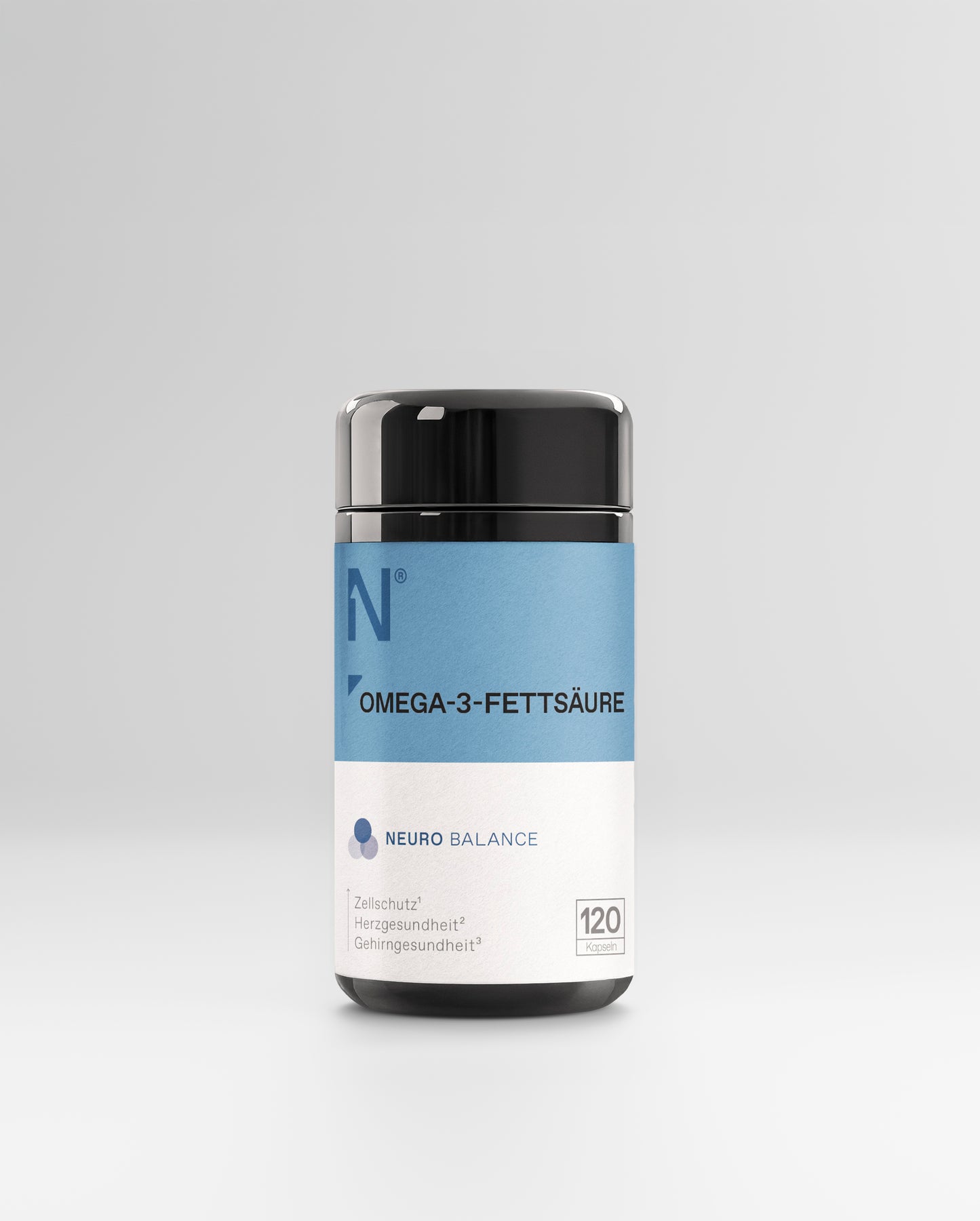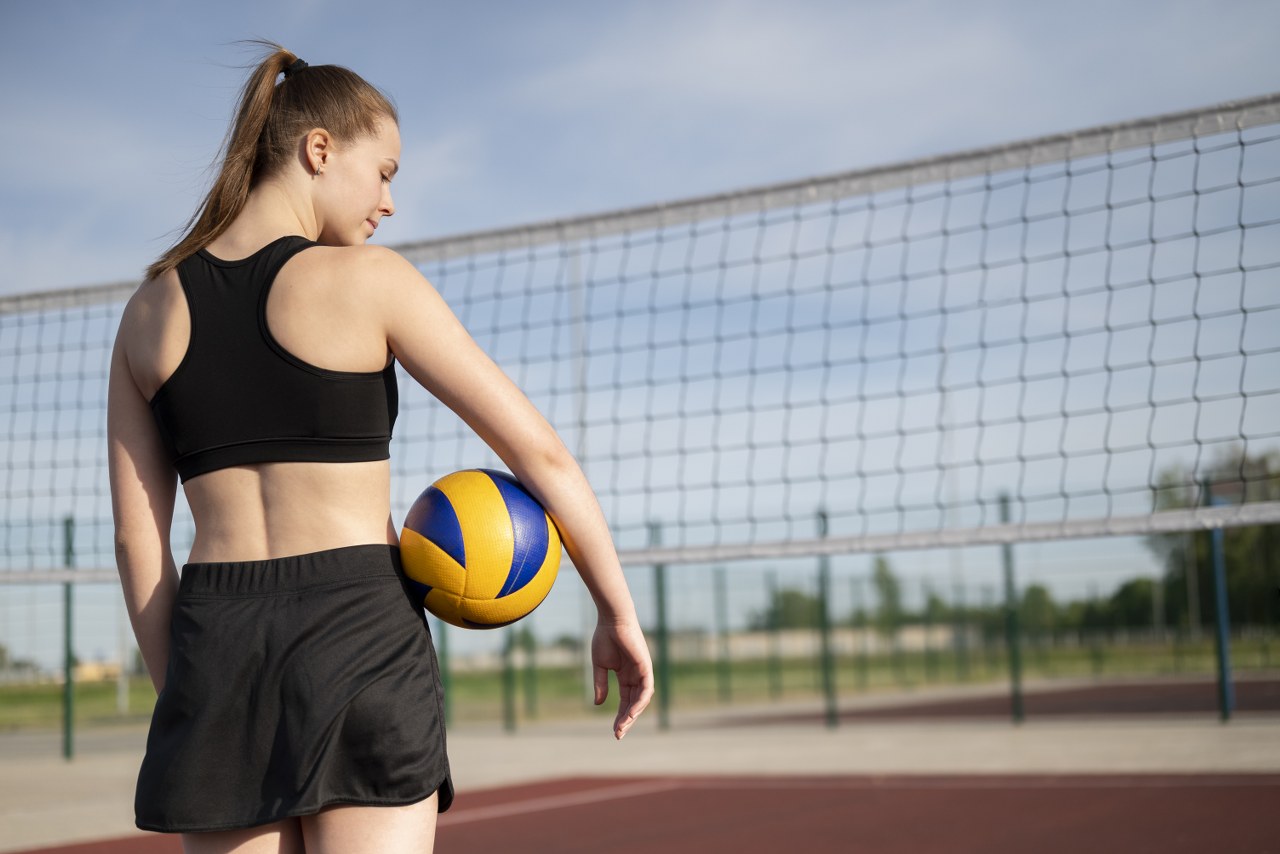The connection between nutrition and sports forms the foundation for your athletic success. This scientifically based and practice-oriented guide shows you how to optimally align your eating habits with your training. It is not only about achieving your fitness goals but also about sustainable health and maximum performance.
A well-thought-out sports nutrition can make the difference between average and exceptional results. The right combination of nutrients, timing, and supplementation help your body get the most out of every workout.
Why nutrition and sports are inseparably connected
Your body functions like a highly complex engine that requires different fuels for different performances. Nutrients not only provide energy for physical activities but also play a crucial role in recovery and achieving your training goals.
Macronutrients fulfill specific functions: Carbohydrates serve as the primary energy source for intense training sessions and endurance sports. They replenish glycogen stores in muscles and liver, which are especially crucial during longer exertions. Proteins form the building blocks for muscle repair and growth. After training, adequate protein intake can increase muscle protein synthesis by up to 50%.
Healthy fats support hormone production and serve as an energy source during moderate intensities. They are especially important for the absorption of fat-soluble vitamins and the formation of testosterone and growth hormones.
The right nutrition before training
The pre-workout meal has three main goals: providing energy, promoting focus, and improving endurance. The optimal meal before training should be consumed 1-3 hours before the session, depending on size and composition.
For intense training sessions, carbohydrate-rich meals with moderate protein content and low fat are suitable. Good options are oatmeal with banana and some protein powder, whole grain bread with low-fat cold cuts, or a smoothie made from fruits and yogurt.
For shorter training sessions or if you have little time, a small snack 30-60 minutes before can be sufficient. A banana, a few dates, or a small energy bar can provide the necessary energy here. It is important that you listen to your body and test what works best for you.
Nutrition after training – How to support your recovery
The post-workout window is crucial for optimal training adaptations. In the first 30-120 minutes after training, your body is especially receptive to nutrients. This phase is also called the "anabolic windowcalled, in which muscle protein synthesis is increased and glycogen stores can be replenished.
An ideal post-workout meal combines quickly available proteins with high-quality carbohydrates. Protein-rich foods like lean meat, fish, eggs, or legumes can promote muscle repair. A ratio of 3:1 or 4:1 (carbohydrates to protein) has proven particularly effective.
Practical options are grilled chicken with sweet potatoes, a smoothie with protein powder, banana, and oats, or quark with berries and honey. These combinations can both accelerate recovery and lay the foundation for the next training.
Fitness goals and suitable nutrition strategies
Muscle building
For effective muscle building, you need a slight calorie surplus of about 200-500 calories daily. Protein intake should be 1.6-2.2 g per kilogram of body weight. High-quality protein sources such as meat, fish, eggs, dairy products, and legumes can optimally support muscle protein synthesis.
Carbohydrates also play an important role as they maintain training intensity and can have a protein-sparing effect. An intake of 4-7 g per kilogram of body weight is usually sufficient. Healthy fats should make up about 20-30% of total calories.
Fat loss
For fat loss, a moderate calorie deficit of 300-500 calories is central. It is important to keep protein intake high (2.0-2.5 g per kg of body weight) to preserve muscle mass. A higher protein intake can also boost metabolism and improve satiety.
Complex carbohydrates should mainly be consumed around training, while at other times the focus is on vegetables and fiber. Intermittent fasting can be a helpful additional tool but is not absolutely necessary.
Performance enhancement
For performance optimization, energy supply is the focus. Endurance athletes need more carbohydrates (6-10 g per kg of body weight), while strength athletes can benefit from a balanced macronutrient distribution.
Timing is especially important here: carb-loading before important competitions, strategic meals before and after intense sessions, and optimal hydration can measurably improve performance.
Supplements to support your fitness goals
Protein powder – The quick helper after training
Protein powder offers a convenient and quickly available protein source, especially after training. Whey protein can effectively stimulate muscle protein synthesis due to its rapid absorption and high biological value. For people with lactose intolerance or plant-based diets, high-quality alternatives such as pea, rice, or hemp protein are available.
A serving of 20-30 g of protein after training can support recovery and promote muscle growth. The quality of the protein is more important than the pure quantity.
Omega-3 – Anti-inflammatory and good for the heart
Omega-3 fatty acids can reduce inflammatory reactions and support cardiovascular health. They are especially interesting for athletes as they accelerate recovery and improve general training tolerance can.

A daily intake of 1-3 g EPA and DHA can already have positive effects. Fish oil capsules or algae oil for vegan diets are practical options.
Creatine – More power in strength training
Creatine can enhance performance during short, intense efforts and improve recovery between sets. It can also Increase strength and muscle mass, when taken regularly.
A daily dose of 3-5 g creatine monohydrate is sufficient. A loading phase is not necessary; the effect occurs after about 2-4 weeks of continuous intake.
Electrolytes – The invaluable helpers for optimal performance
Electrolytes play a central role in physical activity and are often underestimated. Magnesium, potassium, sodium, and chloride regulate fluid balance, support muscle function, and can prevent cramps. Especially during intense training or longer endurance sessions, your body loses significant amounts of these important minerals through sweat.
The Optilyte by Nutrador® offers a scientifically balanced combination of 400 mg sodium, 200 mg potassium, and 60 mg magnesium per serving. This precise dosage can effectively compensate for electrolyte loss and accelerate recovery. The organically bound mineral compounds allow for rapid absorption and are particularly well tolerated. One serving sachet dissolved in 600 ml of water can support performance before, during, or after training and minimize the risk of dehydration. Especially for endurance athletes, people on ketogenic diets, or in hot temperatures, targeted electrolyte supply can make a decisive difference.
Nutrador® products for active people
Nutrador® offers specially developed Nutraceuticals for physically active people. The Coenzyme Q10 can support cellular energy production and is especially interesting for endurance activities.
Opti Mag 7 can promote muscle relaxation and reduce cramps. Magnesium plays a central role in energy metabolism and can be quickly depleted during intense training.
Zinc Gluconate can strengthen the immune system and support recovery. Zinc is involved in over 300 enzymatic reactions and is essential for protein synthesis.
These products can be specifically integrated into your routine: Coenzyme Q10 for endurance training, Opti Mag 7 after intense strength sessions, and Zinc Gluconate as a daily basic supply.
Conclusion - Achieving fitness goals
A balanced diet forms the foundation for successful training results. The right combination of macronutrients, optimal timing, and targeted supplementation can measurably improve your performance and accelerate recovery.
Individualization and consistency are the keys to success. What works for others does not automatically have to be optimal for you. Experiment with different approaches and listen to your body.
High-quality dietary supplements like those from Nutrador® can be a meaningful addition to a balanced diet but never replace a varied and nutrient-rich basic diet. Consistency in training and nutrition leads to the best long-term results.
FAQ – Training & Nutrition
Legal notice regarding health-related claims:
Our information is for general informational purposes only and does not replace medical advice. Dietary supplements do not replace a balanced diet and a healthy lifestyle. Health-related claims about dietary supplements must comply with the Health Claims Regulation (EC) No. 1924/2006 and be approved by the European Food Safety Authority (EFSA). If you have health complaints or questions, please consult a doctor.












